We're proud to provide JavaScript services.
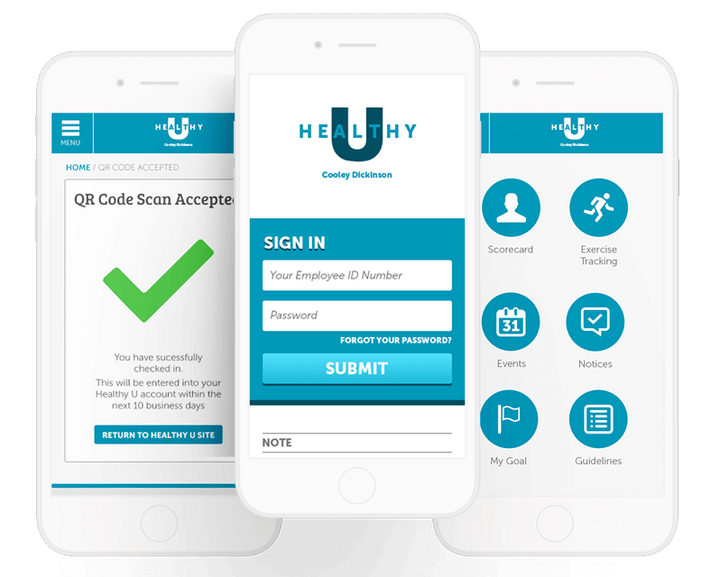
Healthy U Portal app.
Randolph-Macon Academy
The new RMA.edu.
Compelling design focused on furthering the school’s mission.
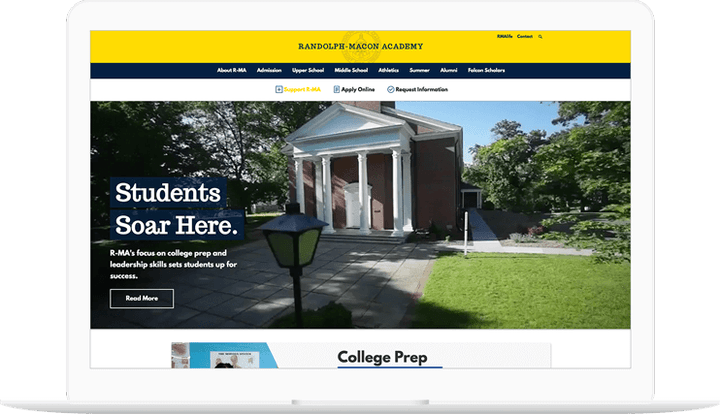
The new RMA.edu.
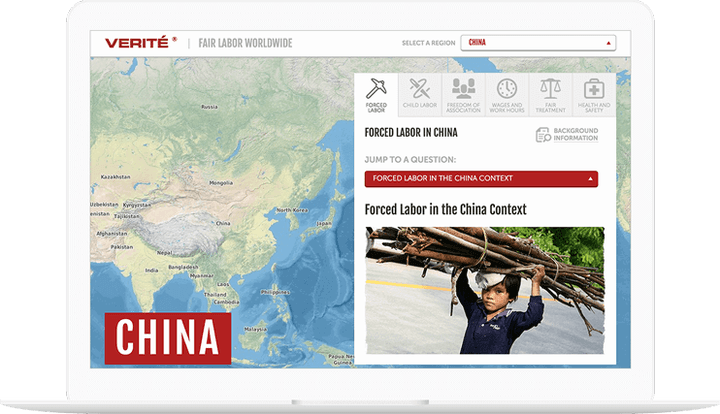
Labor Rights Portal.
Swarthmore College
National Census of Writing.
A web data explorer for use by the general public and qualified researchers alike.
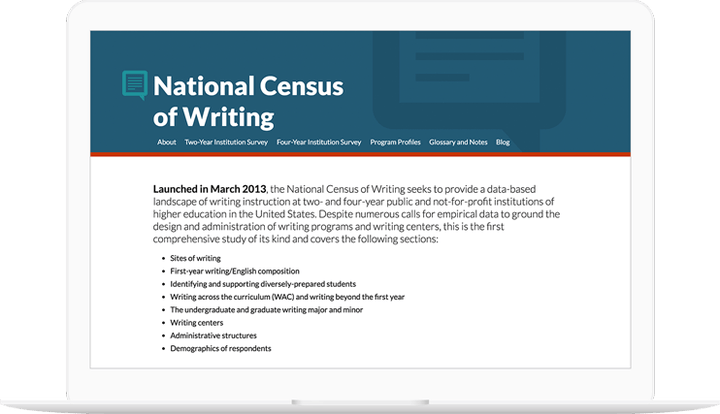
National Census of Writing.
All College Storage
Disrupting the storage industry.
Full branding, design, and software to get a startup started.
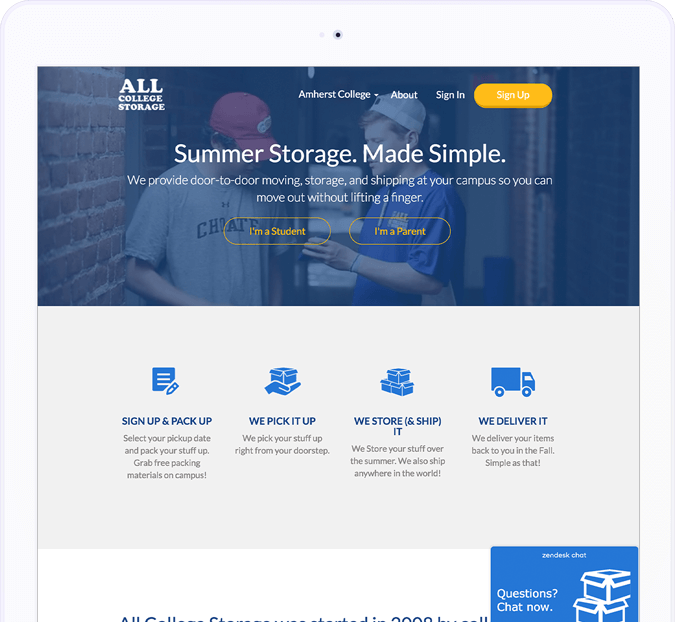
Disrupting the storage industry.
Queens Library
Catalog integration for Queens Library.
Realtime information integrations for better collection interactions.
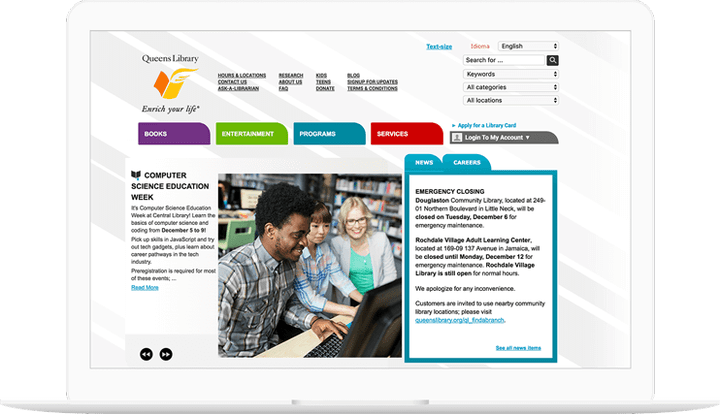
Catalog integration for Queens Library.
Continuous delivery to the LEEDuser community.
StoryCorps
A national treasure migrated to AWS with no downtime.
27,000,000,000,000 bytes of data migrated
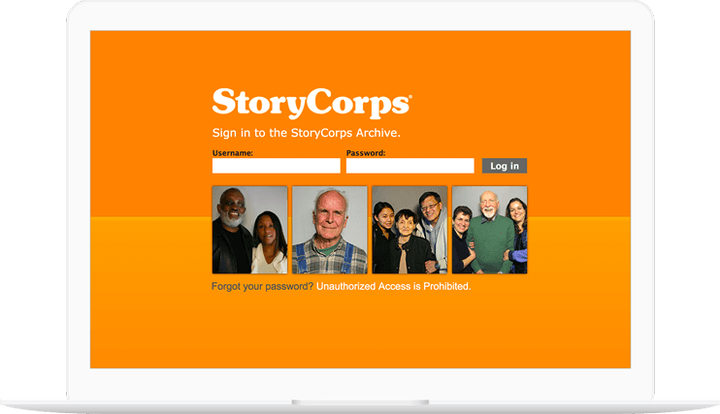
A national treasure migrated to AWS with no downtime.
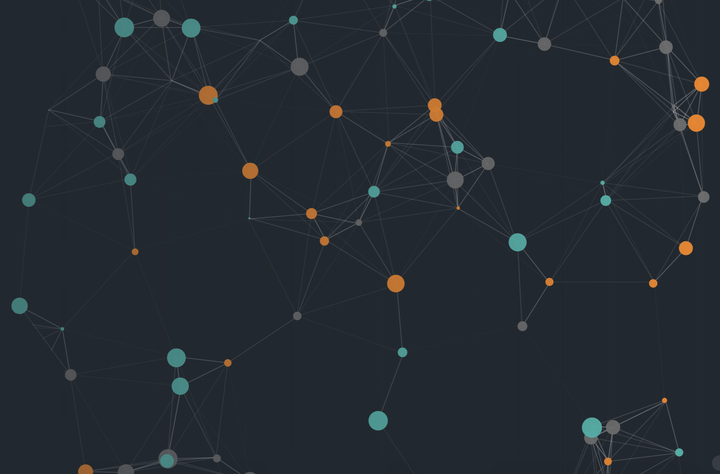
Bringing buyers and sellers closer together.
Learning Page Redesign.